Baptist Health - Baptist Medical Center
Overview
Baptist Health - Baptist Medical Center is a mental health treatment center for people seeking treatment near Duval County. As part of their treatment modalities for recovery, Baptist Health - Baptist Medical Center provides couples/family therapy, group counseling, and cognitive behavioral therapy during treatment. Baptist Health - Baptist Medical Center is located in Jacksonville, Florida, accepting cash or self-payment for treatment.
Baptist Health - Baptist Medical Center at a Glance
Payment Options
- Cash or self-payment
- Medicaid
- Medicare
- State-financed health insurance plan other than Medicaid
- Private health insurance
Assessments
- Comprehensive mental health assessment
- Comprehensive substance use assessment
Age Groups
- Children/adolescents
- Young adults
- Adults
- Seniors
Operation
- Private non-profit organization
- Private for-profit organization
Highlights About Baptist Health - Baptist Medical Center
6.80/10
With an overall rating of 6.80/10, this facility has following balanced range of services. Alcohol Rehabilitation: 8.00/10, Drug Rehab and Detox: 6.00/10, Insurance and Payments: 6.00/10, Treatment Options: 7.21/10.-
Alcohol Rehabilitation 8.00
-
Treatment Options 7.21
-
Drug Rehab and Detox 6.00
-
Insurance and Payments 6.00
Treatment At Baptist Health - Baptist Medical Center
Treatment Conditions
- Mental health treatment
- Alcoholism
- Substance use treatment
- Co-occurring Disorders
Care Levels
- Hospital inpatient/24-hour hospital inpatient
- Partial Hospitalization Program
- Outpatient
Treatment Modalities
- Couples/family therapy
- Group counseling
- Cognitive behavioral therapy
- Dialectical behavior therapy
- Integrated Mental and Substance Use Disorder treatment
Get Help Now
Common Questions About Baptist Health - Baptist Medical Center
Contact Information
Other Facilities in Jacksonville

7.14

6.90
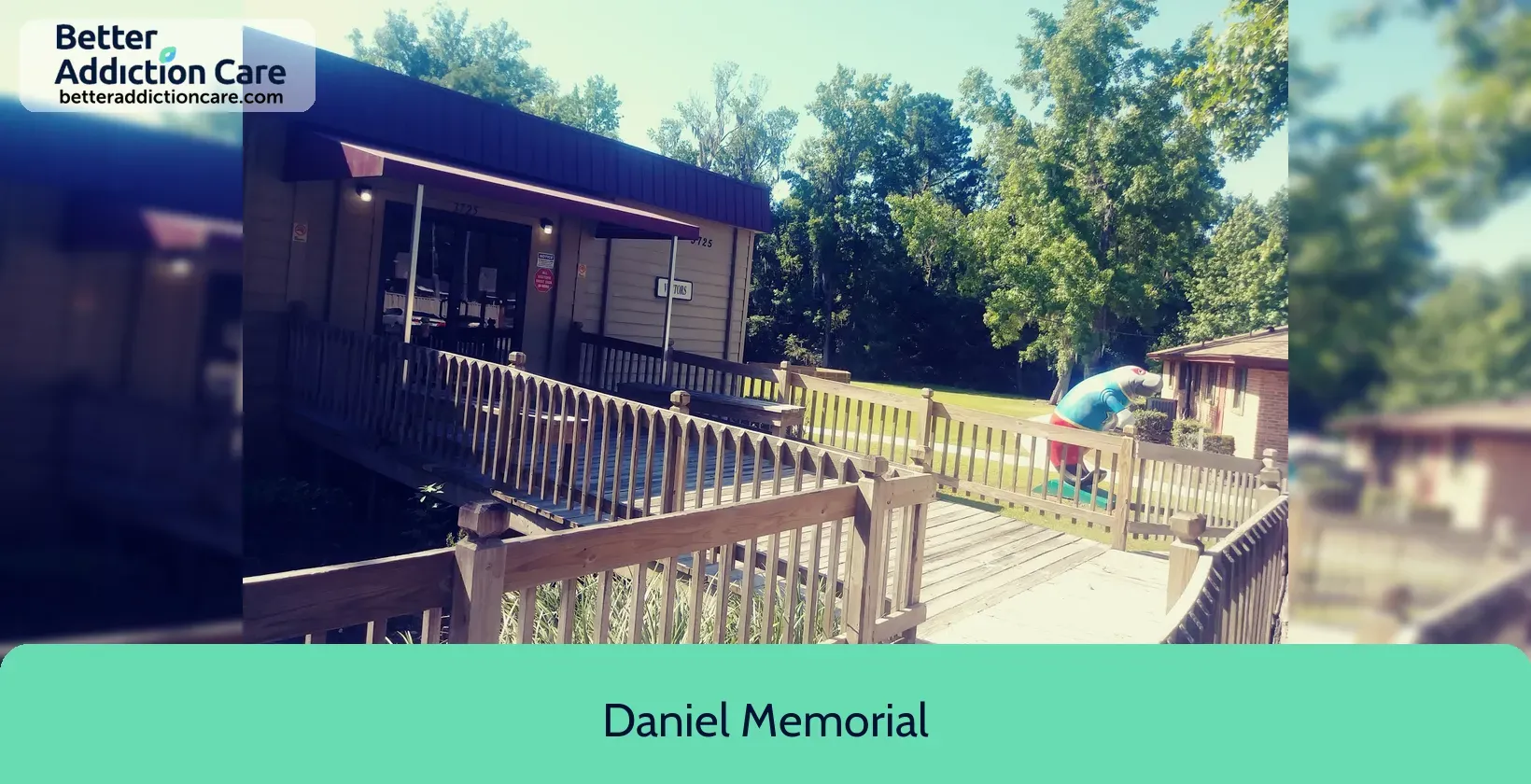
6.74
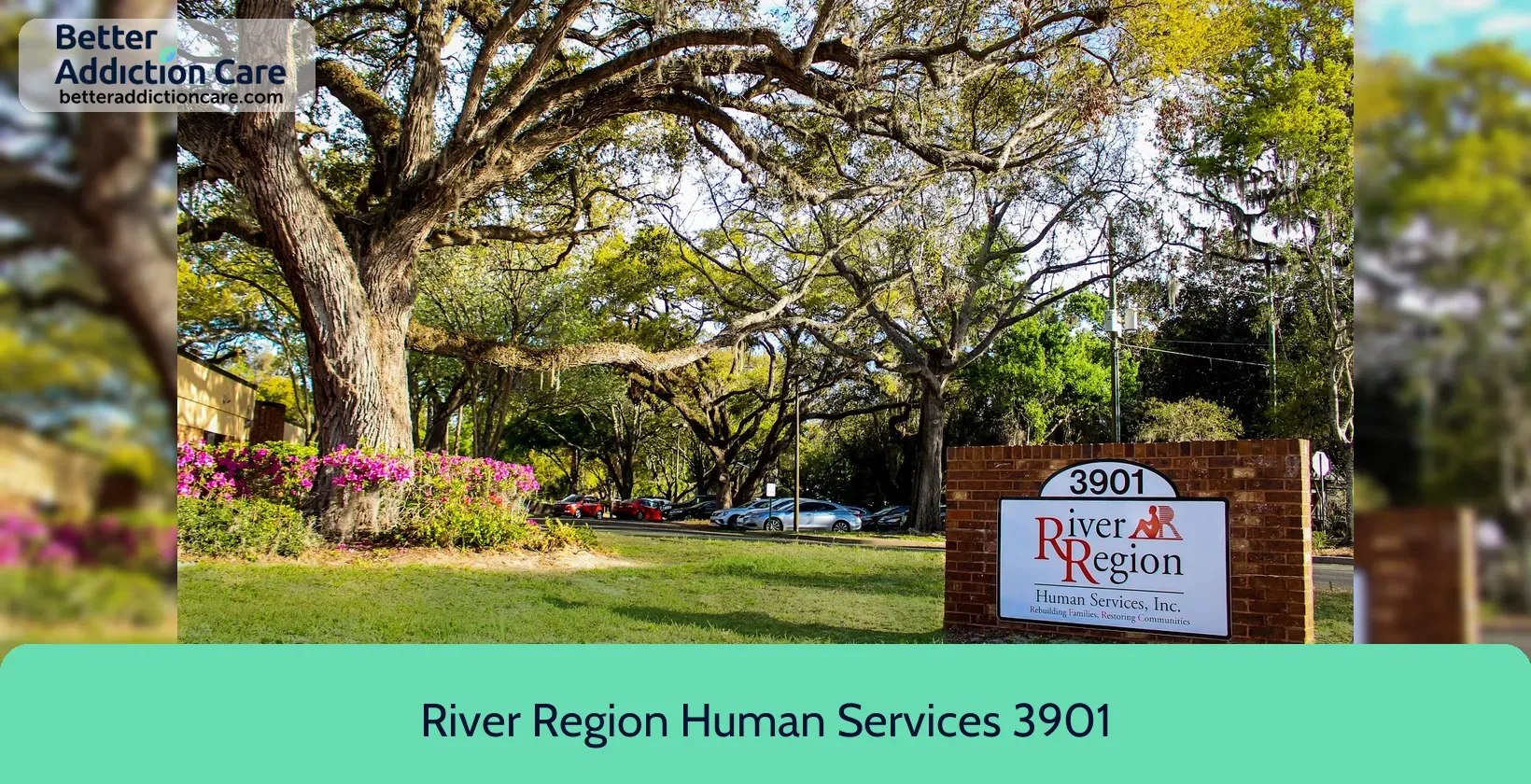
6.97
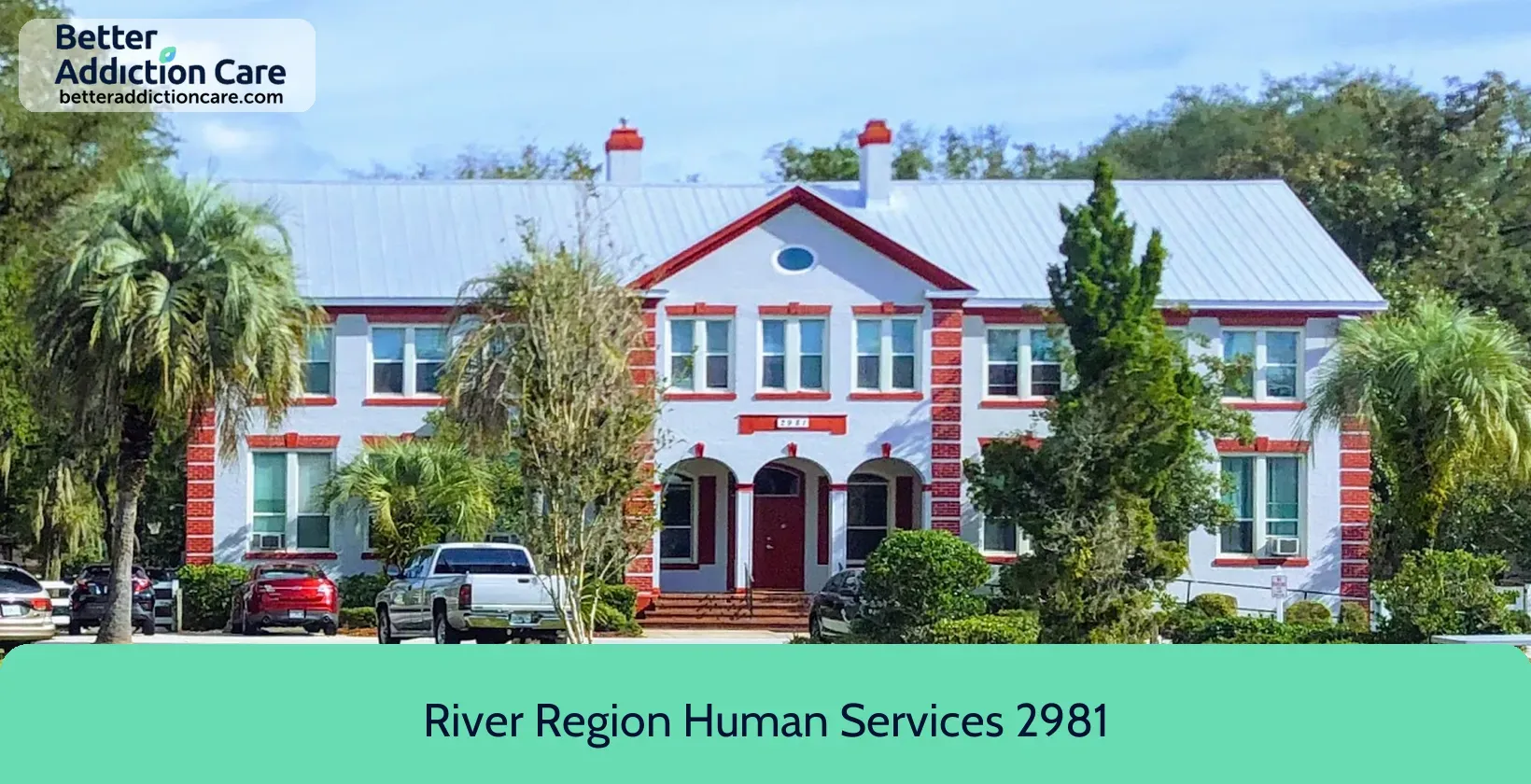
7.43
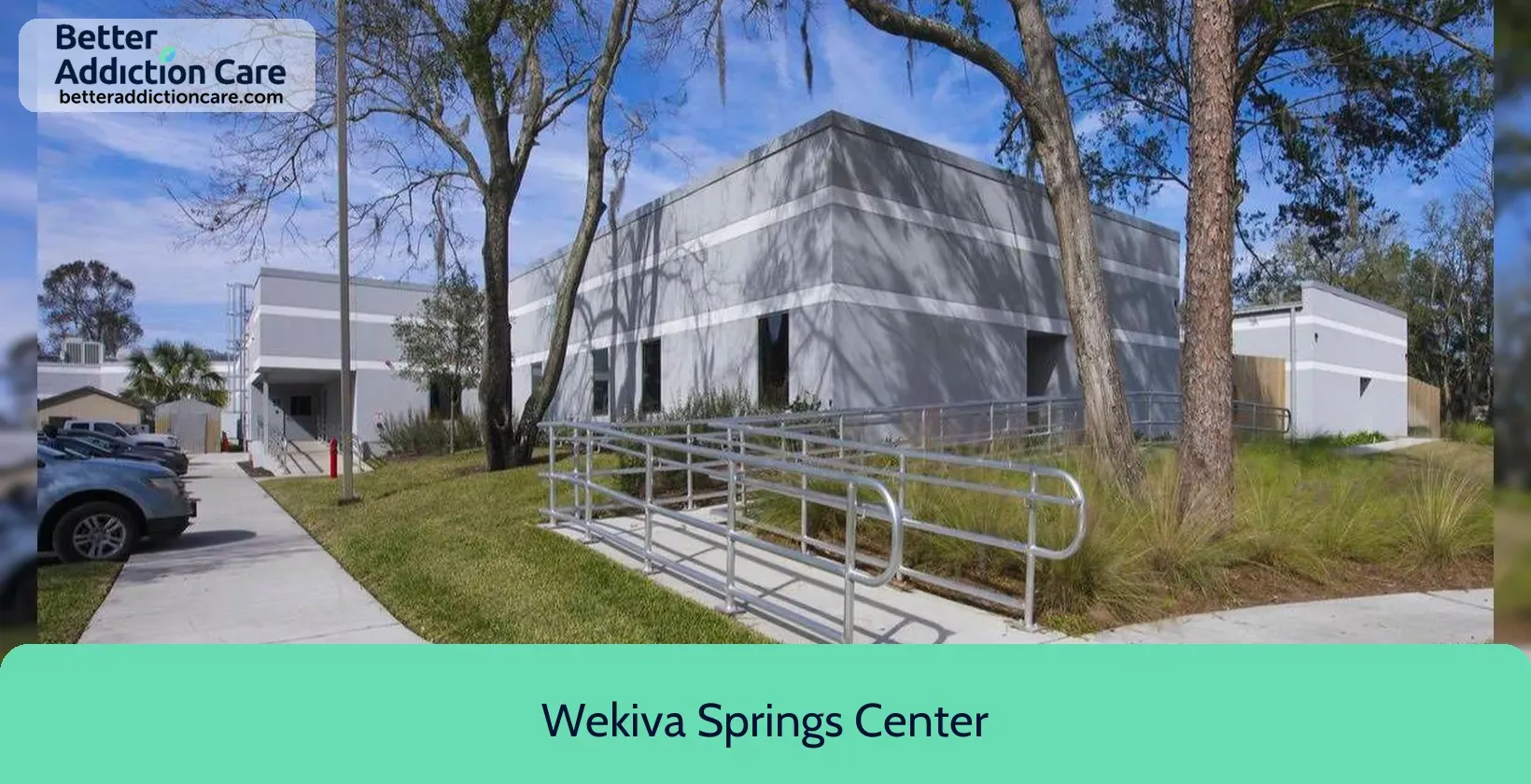
7.19
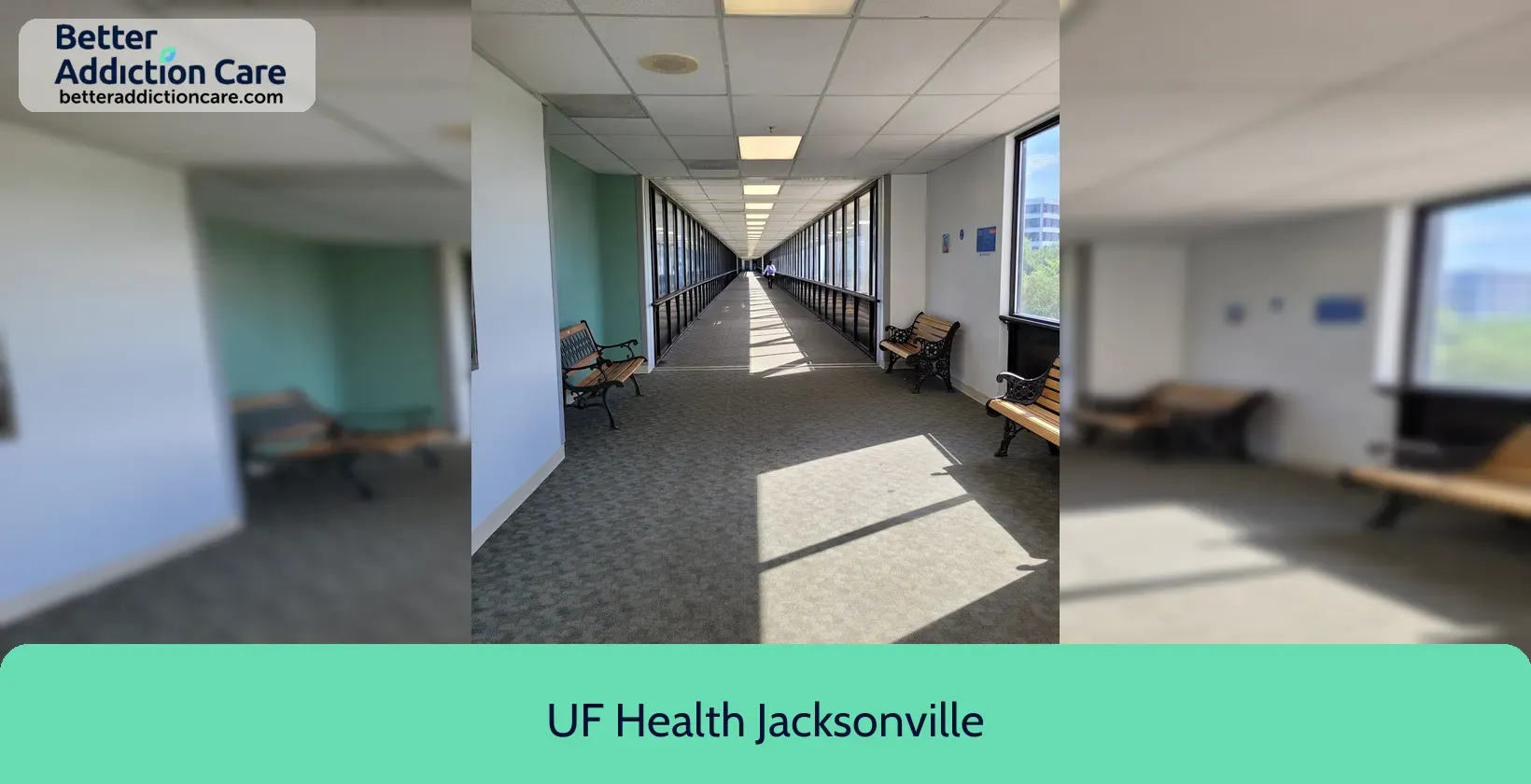
6.59
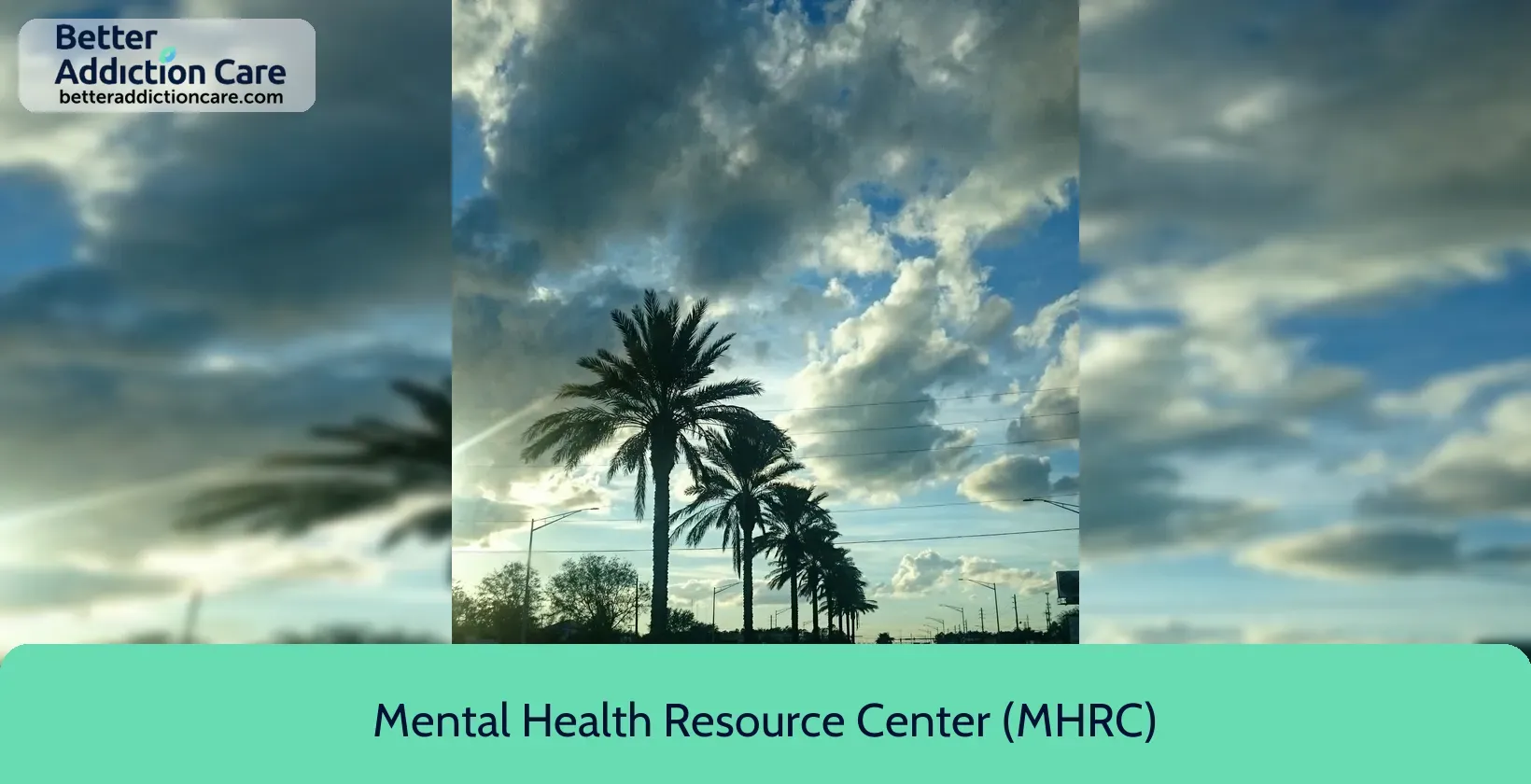
6.56
DISCLAIMER: The facility name, logo and brand are the property and registered trademarks of Mental Health Resource Center (MHRC) 11820 Beach Boulevard, and are being used for identification and informational purposes only. Use of these names, logos and brands shall not imply endorsement. BetterAddictionCare.com is not affiliated with or sponsored by Mental Health Resource Center (MHRC) 11820 Beach Boulevard.

